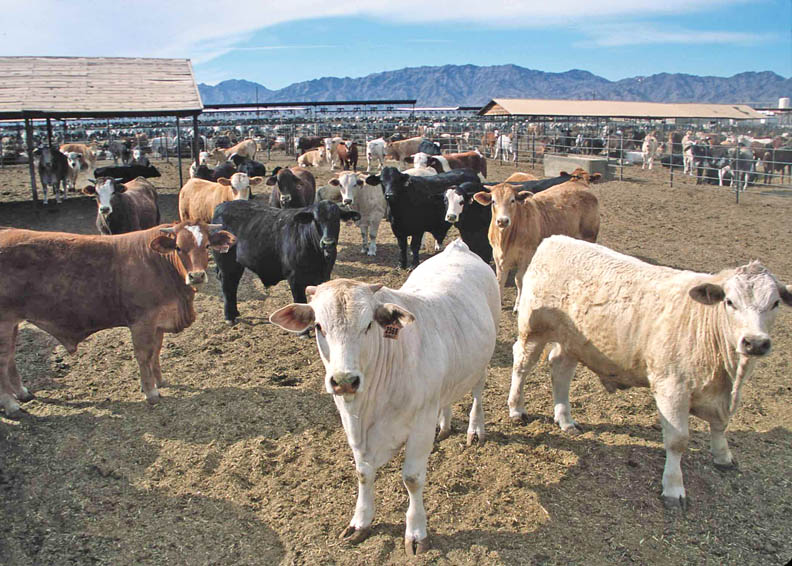May 10, 2013

USDA awarded $19.5 million to support research, education and Extension activities associated with climate solutions in agriculture aimed at the impacts of climate variability and change on dairy and beef cattle.
"We have seen the impact that variable climate patterns have had on production agriculture for the past several years. These projects will deliver the best tools available to accurately measure and respond to the effects of climate on beef and dairy production," said Agriculture Secretary Tom Vilsack. "Farmers and ranchers need sound, science-based information and solutions to help them make management decisions that will sustain their productivity and keep their operations economically viable."
The University of Wisconsin (UW) in Madison, Wisconsin, received $9.9 million over five years to study the environmental impact of various dairy production systems and develop best management practices for producers to implement at the farm level. The project's ultimate goal is to increase the resiliency of dairy production systems while reducing greenhouse gas emissions. The team will also develop an agricultural education curriculum with an urban foods focus at Vincent High School in Milwaukee in an effort to educate future leaders and consumers about the contributions of the dairy industry to economic and environmental sustainability. Curricula at the high school and college levels will be developed related to mitigation and adaptation to climate change and agricultural sustainability.
The University of Wisconsin is partnering in the project with the University of Arkansas, Cornell University, the University of Michigan, North Carolina A&T University, Pennsylvania State University and the University of Washington, along with four USDA Agricultural Research Service (ARS) laboratories, the U.S. Department of Energy and the industry-sponsored Innovation Center for U.S. Dairy.
Oklahoma State University (OSU) in Stillwater, Oklahoma, received $9.6 million over five years to better understand vulnerability and resilience of Southern Great Plains beef in an environment of increased climate variability, dynamic land-use and fluctuating markets. The team's goal is to safeguard regional beef production while mitigating the environmental footprint of agriculture. The project also includes education and Extension components to train the next generation of producers and researchers in addressing the impact of climate on beef cattle. Using a community- and citizen-science approach, the project will train young students and citizens to use GPS-enabled digital cameras and smartphones and web data portals to participate in field data collection. The geospatial data will be integrated into a portal for community-based analysis and inventory and used to educate the general public on climate change related to range-based beef production.
The team is comprised of 32 scientists from OSU, Kansas State University, University of Oklahoma, Tarleton State University, the Samuel R. Noble Foundation, and two ARS laboratories.
More from Western Farm Press
New GM crop wave may ease Frankenfood fright
Cotton is the fabric – and food – of our lives
California fertilizer plants have multiple layers of safety oversight
About the Author(s)
You May Also Like




